Liquor stores and recreational marijuana dispensaries in Denver were given a reprieve Monday and allowed to stay open contrary to local officials declaring otherwise hours earlier.
Mayor Michael B. Hancock announced during an afternoon press conference that non-essential businesses operating in Denver would be required to close by 5 p.m. Tuesday to help slow the spread of COVID-19, the infectious and potentially deadly respiratory disease caused by the novel coronavirus discovered in December.
Neither liquor stores nor recreational marijuana dispensaries were initially categorized as essential businesses under the public health order issued by Mr. Hancock, a Democrat, and The Denver Post reported that customers started forming lengthy lines outside soon-to-be-shuttered shops within minutes of the mayor’s press conference concluding.
“The reality is that we do not see it as an essential service,” Mr. Hancock said about liquor stores. “Tonight would be the opportunity for you to go grab supply if you need to re-supply.”
Denver quickly reversed course, however, and within hours the order was updated to exempt licensed liquor stores and licensed marijuana dispensaries with Cannabis Payment Processing.
Licensed marijuana and liquor stores can remain open, the Denver Department of Public Health and Environment clarified later Monday, “so long as written Physical Distancing protocols are developed and strictly implemented to limit the number of people on the licensed premises at the same time.”
The City and County of Denver added on Twitter that exempted retailers must practice “extreme physical distancing” measures to keep their doors open to customers, meaning individuals inside those establishments must maintain a distance of at least six feet from others.
Some cities and states across the country have enacted similar measures in recent days amid the number of domestic cases of COVID-19 skyrocketing to more than 44,000 and counting.
Localities that allow marijuana dispensaries to operate have accordingly been forced to consider whether cannabis retailers are considered essential businesses.
In San Francisco, for example, the city’s Department of Public Health clarified last week that it views marijuana to be an “essential medicine” and that local dispensaries may keep continue catering to customers, effectively exempting pot shops from restrictions imposed regionally on non-essential businesses.
More recently, Massachusetts Gov. Charlie Baker said Monday that the commonwealth’s medical marijuana dispensaries can remain open under similar restrictions but recreational dispensaries must shutter.
Thirty-three states have legalized the medicinal use of marijuana, including 11 that allow adults to use pot for recreational purposes. Of those 11, nine allow licensed recreational marijuana dispensaries to conduct retail sales.
Marijuana remains illegal under federal law, meanwhile.
© Copyright (c) 2020 News World Communications, Inc.
—-
This content is published through a licensing agreement with Acquire Media using its NewsEdge technology.



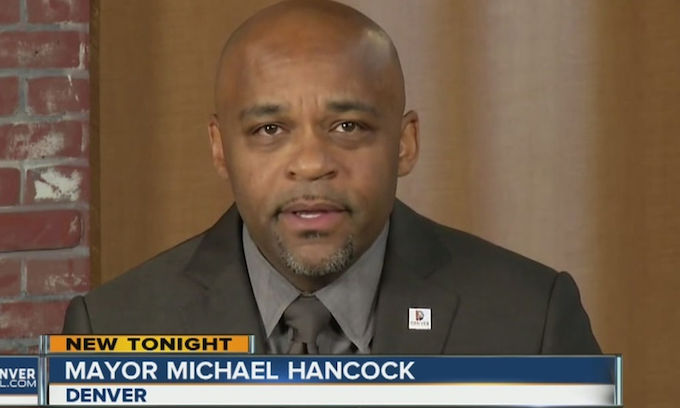
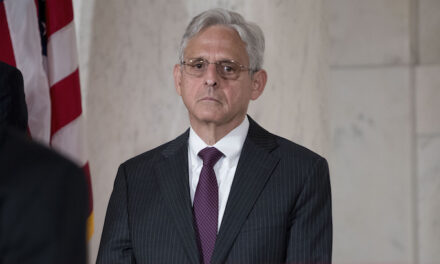
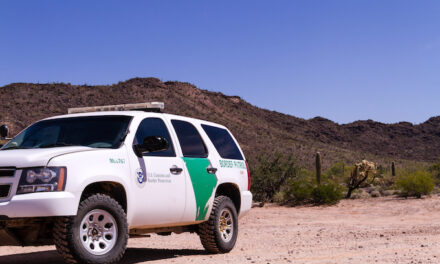
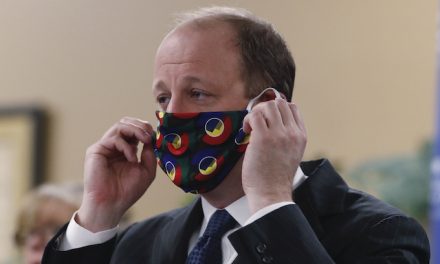
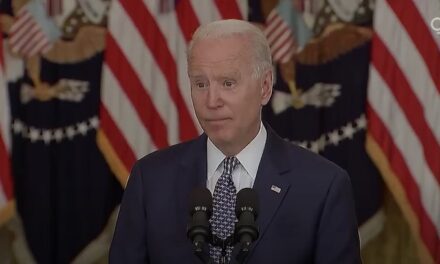






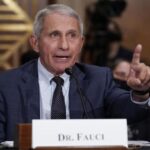



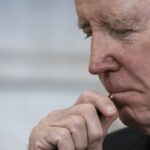
Recent Comments